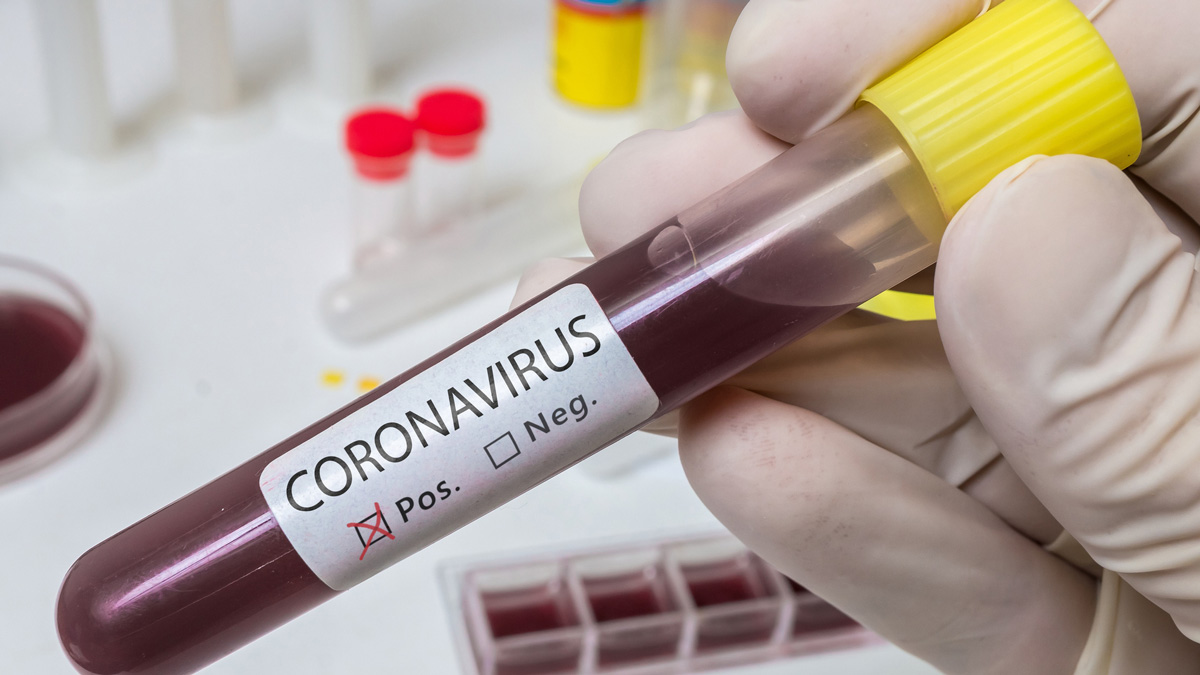hVIVO offers coronavirus antibody testing to UK employers

UK firm hVIVO has launched a coronavirus antibody testing service for big businesses that it says could help get employees back to work as lockdown eases.
The antibody test is available to UK companies initially, while hVIVO looks into rolling out the testing service to GP surgeries, nursing services, health clinics and private hospitals. For the time being the tests aren’t on offer to individual members of the public.
hVIVO is quick to point out that it has licensed a test from Quotient that is 100% accurate as it uses a blood sample drawn from a vein, and doesn’t rely on finger prick blood.
Last month, the UK Medicines and Healthcare products Regulatory Agency (MHRA) advised against the use of antibody tests based on finger prick blood after several companies started offering this as a service.
Like antibody tests developed by AbbVie and Roche, Quotient’s MosaiQ COVID-19 Antibody Microarray diagnostic was developed for use by laboratory professionals using a venous blood sample that is taken by a healthcare provider.
“This is the first time that such on demand testing is made available to large employer groups in the UK,” claims hVIVO, which says it has the capability to run 3,000 samples per day – equivalent to 21,000 per week or 1 million per year.
Samples will be tested in hVIVO’s London-based laboratory with results returned within 48 hours, according to the company, which is part of Anglo-Irish rare drug company Open Orphan plc.
In May, Open Orphan signed an exclusive contract to support Quotient’s COVID-19 antibody test in the UK via its hVIVO unit, which is also involved in testing coronavirus vaccines.
In March, hVIVO said it had started development of a human coronavirus challenge study model. It involves exposing volunteers to coronavirus strains that are related to SARS-CoV-2, which causes COVID-19, but are widely encountered in the community and not dangerous. The patients can then serve as test subjects for new coronavirus therapies.
The service has launched as the UK starts to emerge from lockdown, with the number of daily deaths continuing a downward trend since the middle of April and the UK is requiring all people arriving in the UK by plane, ferry or train to self-isolate for 14 days.
More than 40,000 people have now died after testing positive for the virus in the UK – only the second country after the US to breach that threshold – but there were only 77 deaths on Sunday, including 72 in England, five in Wales and none in Scotland.
A swab-testing study carried out by IQVIA on behalf of the Office of National Statistics (ONS) now estimates that one in 1,000 people in the UK had the virus between 17 and 30 May, down from an earlier estimate of one in 400 previously.
It also estimates that the 'R' number – the number of people that one infected person will pass the virus on to on average – is still below one at between 0.7 and 0.9 in the UK, although that estimate is based on data before the lockdown eased.












